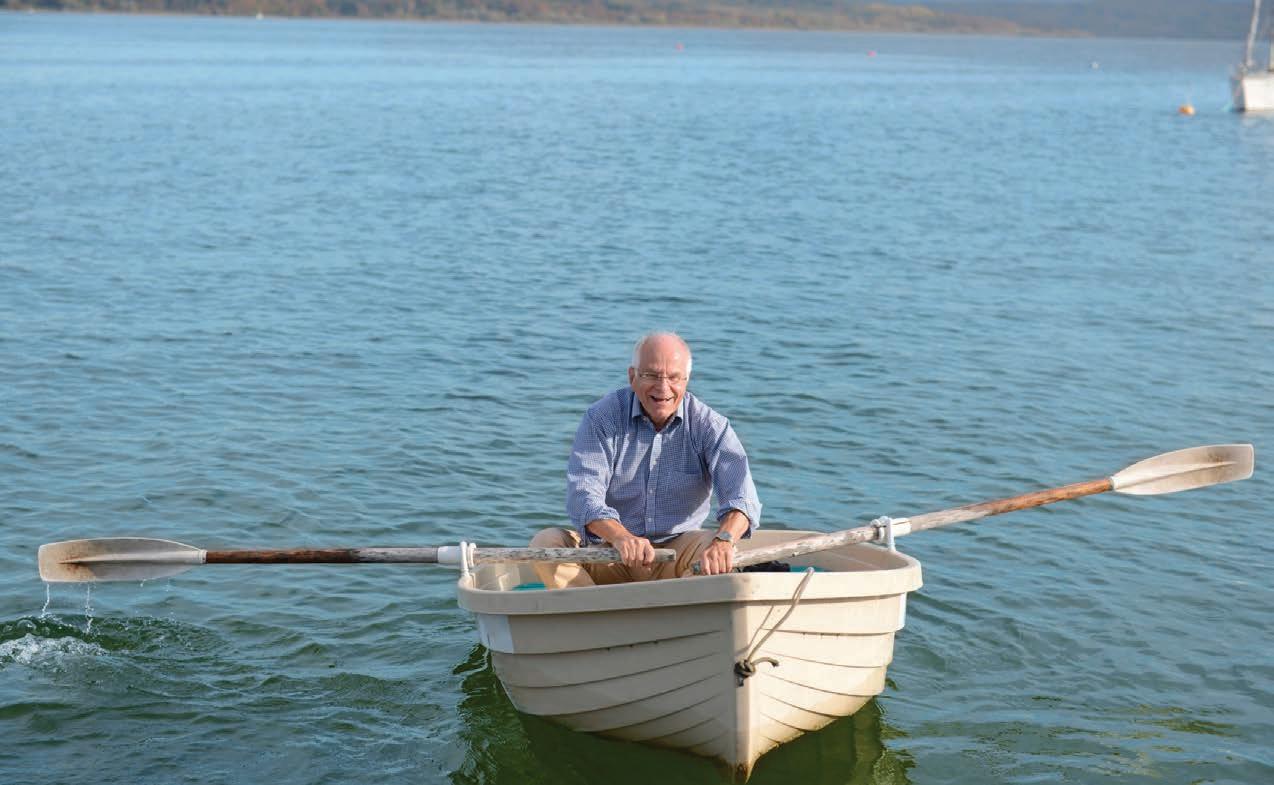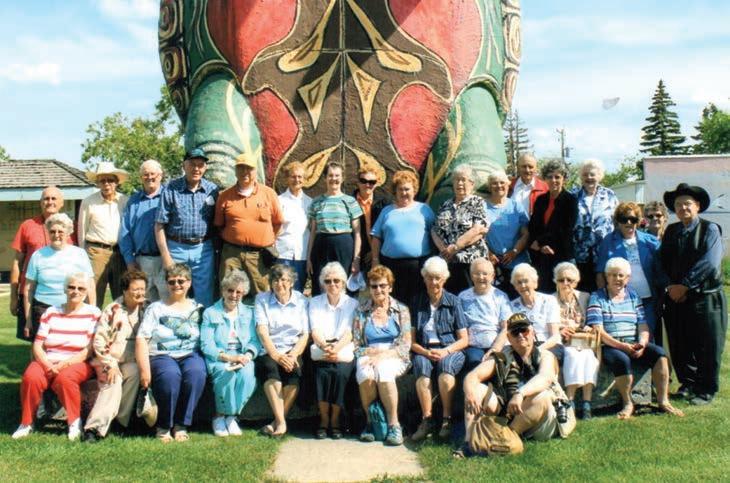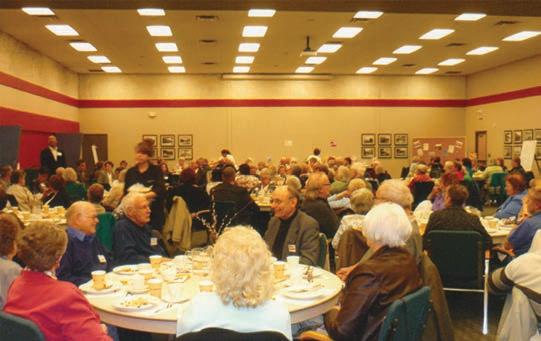
3 minute read
Celebrating The Mennonite Village Schools And Teachers
Lois Braun
When the Mennonites emigrated from their settlements in Russia to the East and West Reserves in southern Manitoba in 1875, it didn’t take long for them to set up schools for their children. The first ones were rudimentary, but after a few years, each community or village had established a small public school, and in the West Reserve there were soon many of these white, wood-sided, single-storey schoolhouses, surrounded by grassy playgrounds and shelterbelts, scattered throughout the Mennonite farming community between the Red and Pembina Rivers. In the mid-1960s, however, many of them closed, as the process of consolidation decreed that the students in these one-room schools would be bused to larger centres. Not all the schools shut their doors – a few of the larger ones remained in operation for several more years. But this enactment of consolidation led to a slow decline of the abandoned school buildings. Although some of them were repurposed as homes, or even granaries, and a few still exist today, most have disappeared.
However, the legacy of the oneroom schoolhouse has not disappeared. The people who attended such schools will never forget their experiences there, and many of the teachers are still with us and have memories to share. Two events have transpired recently aimed at preserving the rural school experience, particularly as it pertains to the West Reserve.
The first occurrence was the recent decision to restore the Alt-Bergthal School. Called the Bergthal School Project, the plan is being carried out by a group made up of former Alt-Bergthal community members, as well as others interested in Mennonite history. Fund-raising is well under way, and the school is now situated at its new and permanent site in the historic village of Neubergthal near Altona. Restoration is on schedule. The schoolhouse will be used as an actual satellite classroom by the Red River Technical Vocational Area, but a part of the building is intended to eventually serve as an interpretive centre for the rural school experience.
Then this spring, a local committee of the Manitoba Mennonite Historical Society decided to host a “reunion” or gathering of teachers who taught in multi-grade classrooms in small community schools in the rural municipalities of Rhineland and Stanley. The main purposes of the event are as follows: • to reunite the men and women who taught in rural, multi-grade classrooms in Mennonite communities in the West Reserve • to collect and catalogue documents, photographs, and other memorabilia pertaining to the rural school experience, in order to submit them to historical archives • to share stories • to identify the characteristics that made the Mennonite rural/ village school unique, and what role the rural schoolteacher played in the community, outside of the classroom
This one-day reunion will take place on Saturday, Oct. 5, 2013, in the Winkler area. The committee has spent the past months collecting names and addresses of former teachers, and a letter has been sent out with information pertaining to the event. Note that this event is intended for teachers only. The day will consist of an exhibit of photos, documents, and artifacts, provided by the attendees; a formal program; the sharing of stories; and socializing. Also, the MMHS, in collaboration with archivists, will have staff on hand to collect and digitally scan photos, documents, and other memorabilia, with a view to creating an archival file.
If you taught in a rural school in Rhineland or Stanley but have not yet been contacted by the committee, and would like to participate, please call Joe Braun at 204-324-6259.









